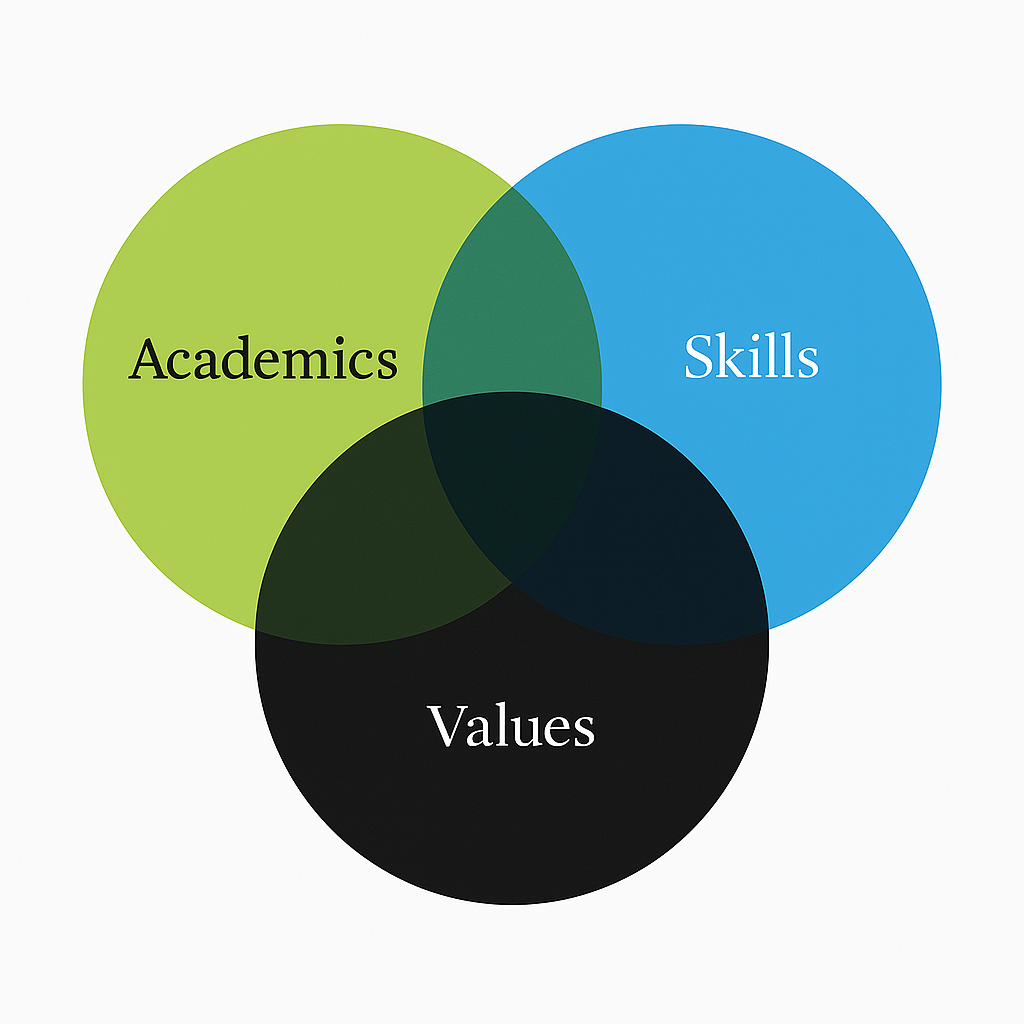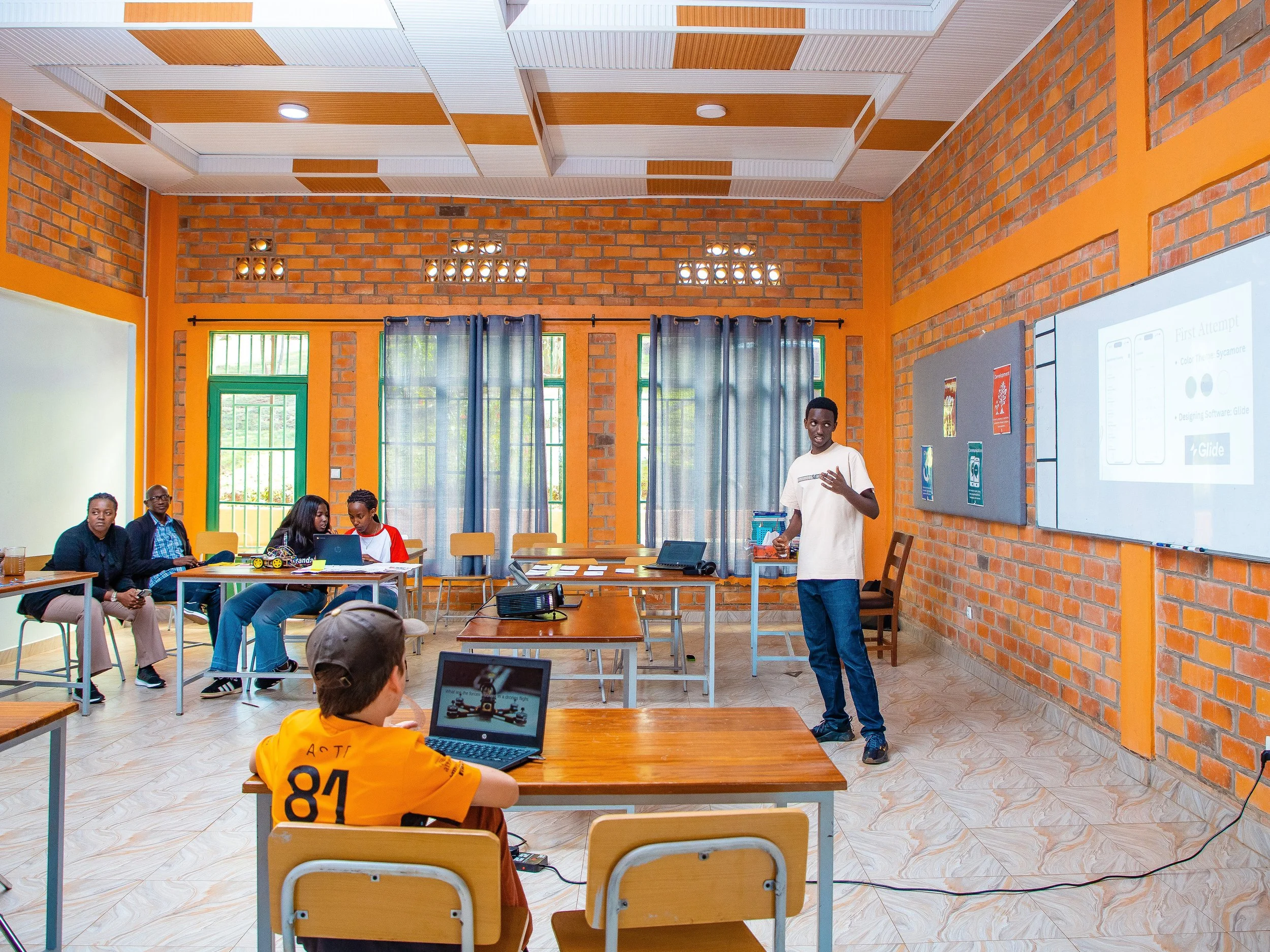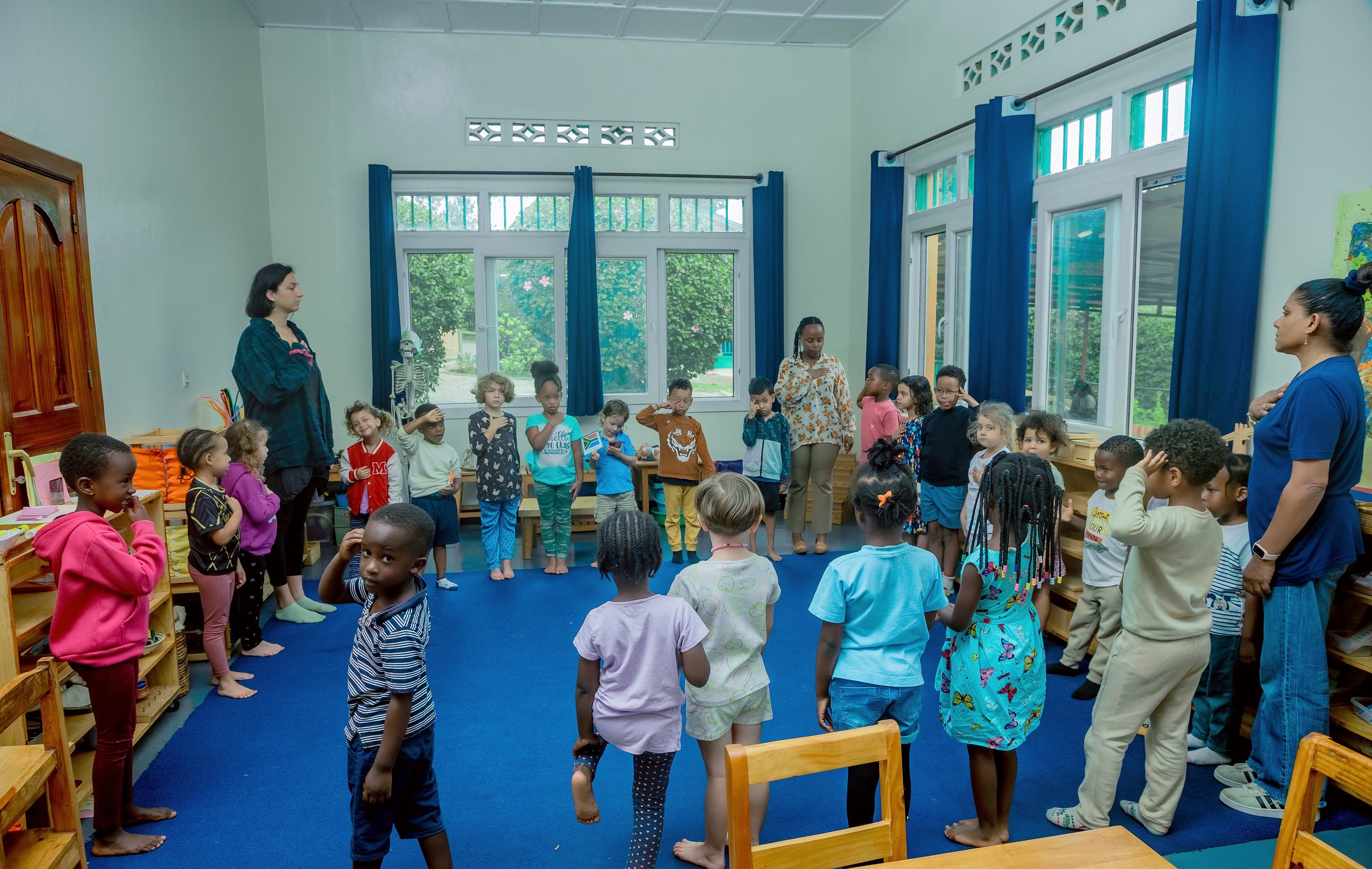
Academic Overview
Our Leaning Philosophy
At DIMS, our learning program is designed to prepare students for life beyond the classroom. We aim to equip them with the knowledge, values, and skills they need to navigate a rapidly changing world and make a meaningful, positive impact. Our approach encourages personal academic excellence while nurturing lifelong learners who are confident, capable, and purpose-driven contributors to their communities and the wider world.
Our Pedagogical Approach to Learning
At DIMS, we believe that learning should be meaningful, joyful, and reflective of the world we live in. We have combined the strength of the Montessori method and the International Baccalaureate so that students can benefit from a comprehensive education that nurtures their individuality, fosters a love for learning,and prepares them for future academic and personal success. We believe that students learn more from how they are taught than what they are taught
How We Learn
The pedagogical structure we use to support the curriculum is the three frames of learning. This defines how we deliver the content of our course in the classroom. This scaffold is designed to provide a consistent, relevant, well-rounded and comprehensive learning experience. The three frames of learning are:
Experiential Learning
Experiential learning is simply ‘learning by doing’ rather just through books and instructions. This hands-on approach engages students to own their own learning journey, and pushes our educators to create programmes that ensure student involvement & engagement, through creative teaching approaches.
Mastery-Based Learning
Our learning programs have strong Literacy, Mathematics, and Science components within a structured approach to ensure that each learner’s skills are systematically built. We have a carefully defined scope and sequence document for each subject that has been benchmarked against international curricula and exceeds the requirements of most National curriculum statements.
Interdisciplinary Learning
At the heart of our educational approach is a belief that real learning happens when subjects connect in meaningful ways. Our interdisciplinary and thematic-based learning model encourages students to explore big ideas across multiple subject areas, fostering deeper understanding, critical thinking, and creativity.
What We Teach
The WHAT of our learning programme consists of three overlapping, integral elements. It seeks to find a balance between the skills, values and discipline-based learning objectives that prepare learners for an ever-changing world. These three elements are central in all learning experiences with careful consideration of developmental level and readiness.
-
At DIMS, we teach all subjects with the goal of fostering true understanding and meaningful learning, not just memorization for tests. Our Scope and Sequence outlines clear learning goals for every subject at each grade level. Teaching and learning are aligned with these outcomes to ensure consistency and purpose across the curriculum.
This scope and sequence document guides what is taught for which grade, what precedes it and what are the next steps. We use a continuum and not a fixed point where all learners must be on a specific day, we take each learner from where they are and assist in their progression. This means that in grade 2, some learners may still be busy cementing grade 1 concepts, and some may be extended to grade 3 concepts.
We use ongoing assessment through a variety of methods to holistically track each student’s progress. These assessments are thoughtfully designed to align with our learner outcomes and to support continuous growth.
-
The International Baccalaureate Approach to Learning Skills (ATL) are a set of skills and strategies that aim to help students become self-regulated, lifelong learners. The ATL skills are designed to be integrated into the curriculum and applied across all subject areas. We use them as the backbone for all that we teach and learn. These competencies are interdisciplinary, transferable and timeless, and also vary from person to person or place to place.There are five categories of ATL skills:
-
Our learning programme also considers how we model and reflect on values. As a community, we subscribe, teach, model, and honor a set of values. Our values inform our thoughts, words and actions. They are important because they help us know ourselves, grow and develop.
Our decisions are a reflection of our values and beliefs. Strong values enable us to take responsibility for our learning, and have a positive impact on our community, and to show care for our environment.
Learner Outcomes
We inspire children to love learning in an academically challenging and internationally aware program that promotes respect, responsibility, and independence.
At DIMS we expect our students to possess the following traits, and we center our work around these traits from the first day to the last, so each child will discover, create, and become.
Discover
Be Independent and take initiative
Be confident, competent and curious
Be intrinsically motivated
Be adaptable and resilient
Be socially responsible and Be capable advocators
Create
Become
Be academically prepared critical thinkers
Be effective communicators
Be citizens of the world
The Whole Child Report
We understand that parents want accurate and meaningful information about their child’s progress, strengths, and needs.
DIMS's Whole Child Report is the alignment of our interrelated Scope and Sequence, curriculum/instruction, and assessment. This alignment ensures that we teach to identify outcomes across the entire range of academic, enrichment, social, emotional, and study skills.
Scope and Sequence describes the learning goals at each level for all subjects.
Curriculum and Instruction are aligned to ensure that we teach to these outcomes.
Ongoing Assessment uses a wide range of methods to help staff measure each student’s progress and is holistically aligned to learner outcomes.
Our Programs
-

Toddler Community (18 months – 3 years)
Gentle introduction to community, sensory play, routine
-
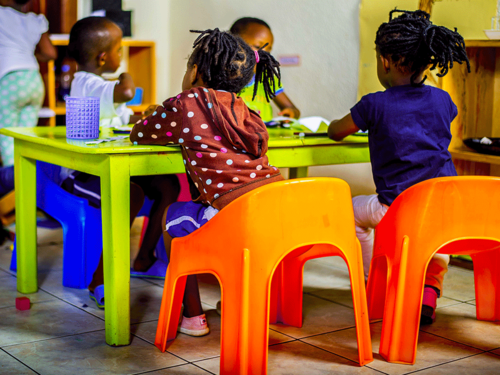
Early Childhood (3–6 years)
Montessori-inspired learning, independence, practical life, phonics, numeracy
-
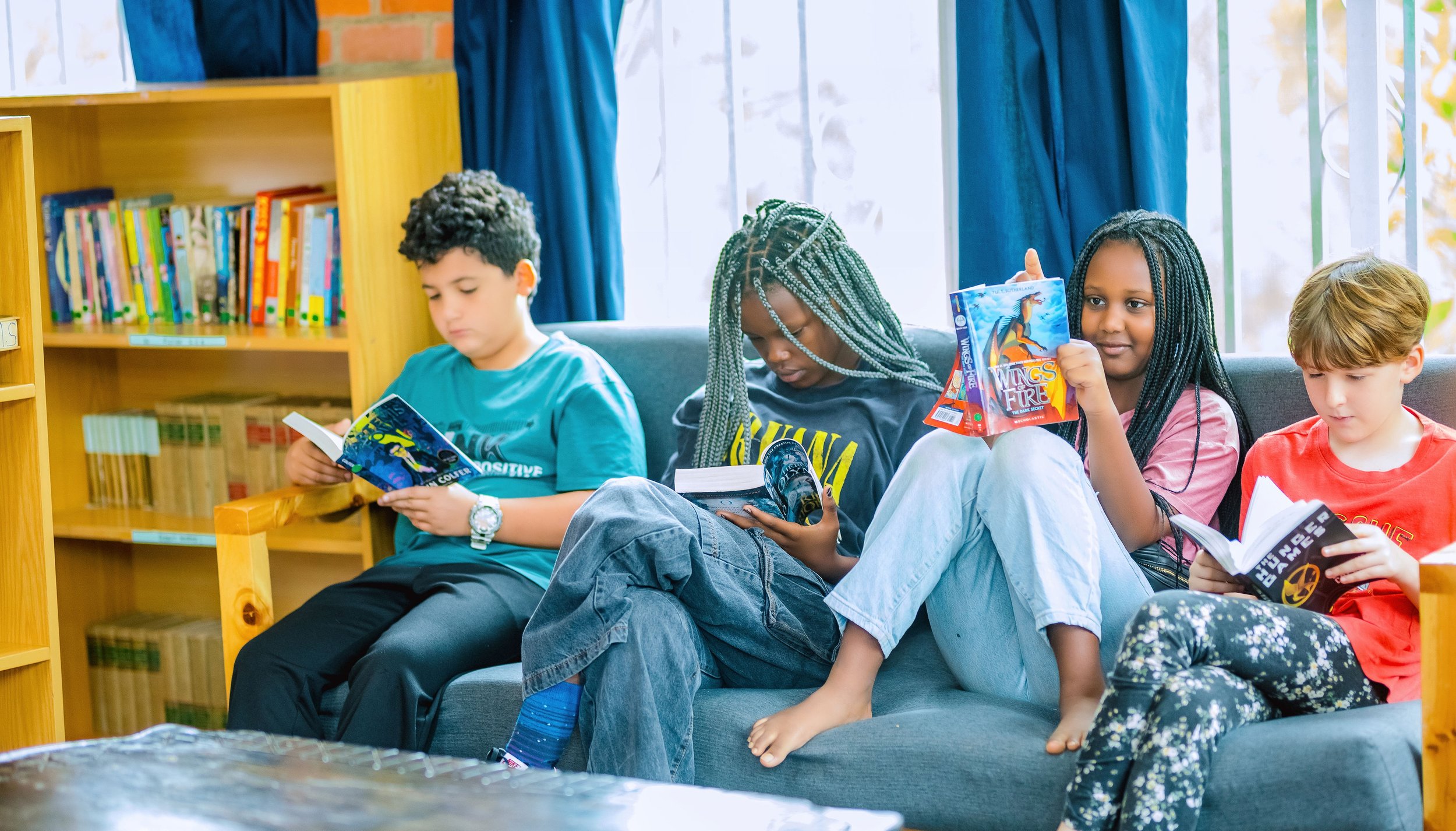
Elementary (Grades 1–6 years)
Project-based learning, interdisciplinary units, strong academic foundation with creativity
-
Secondary (Grades 7–10 years)
Deep academic engagement, mentorship, career exploration, global citizenship
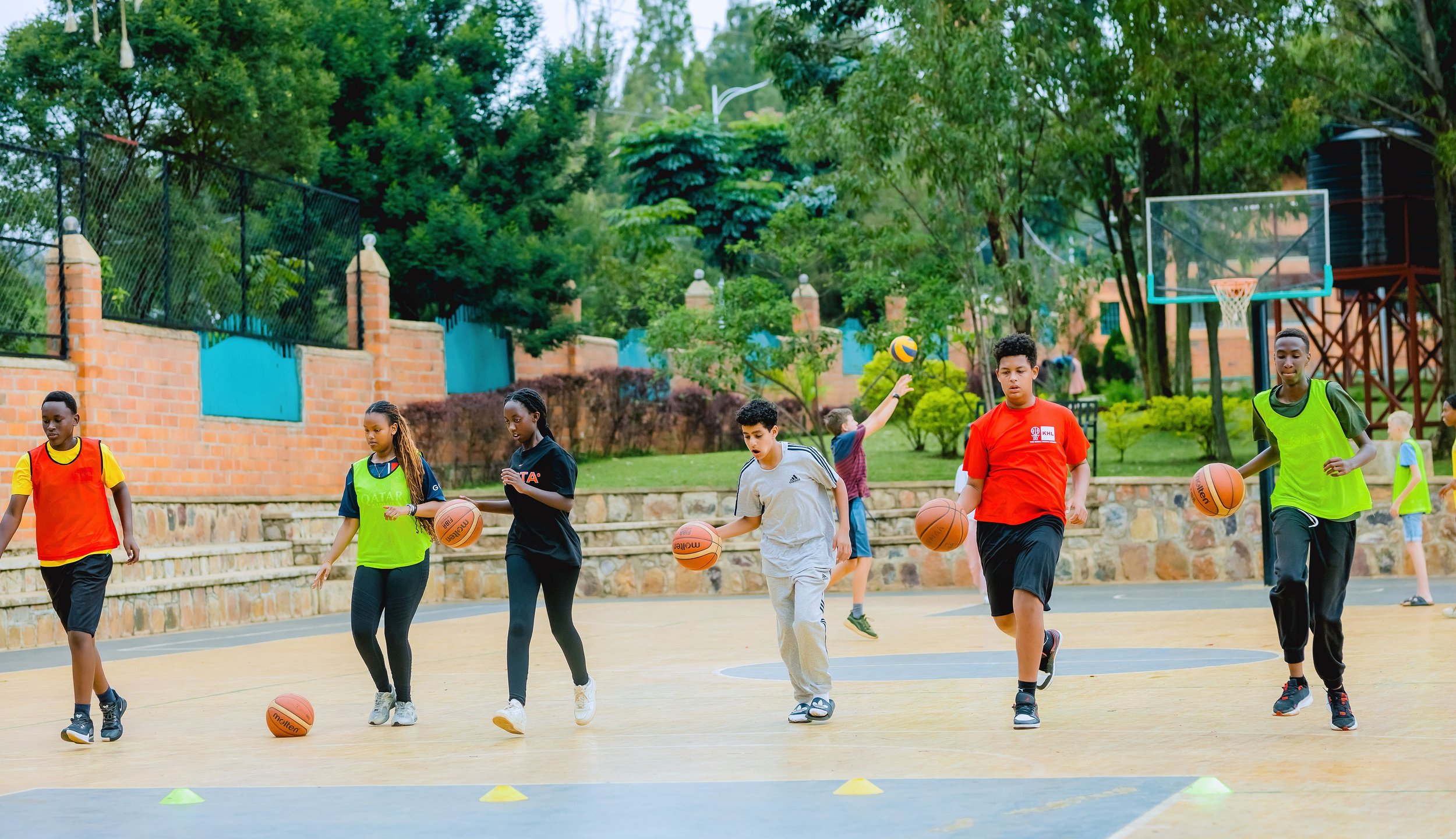
We make a Difference
Each DIMS student follows a unique and powerful journey—whether through academics, service-learning, environmental advocacy, or athletic achievements.




